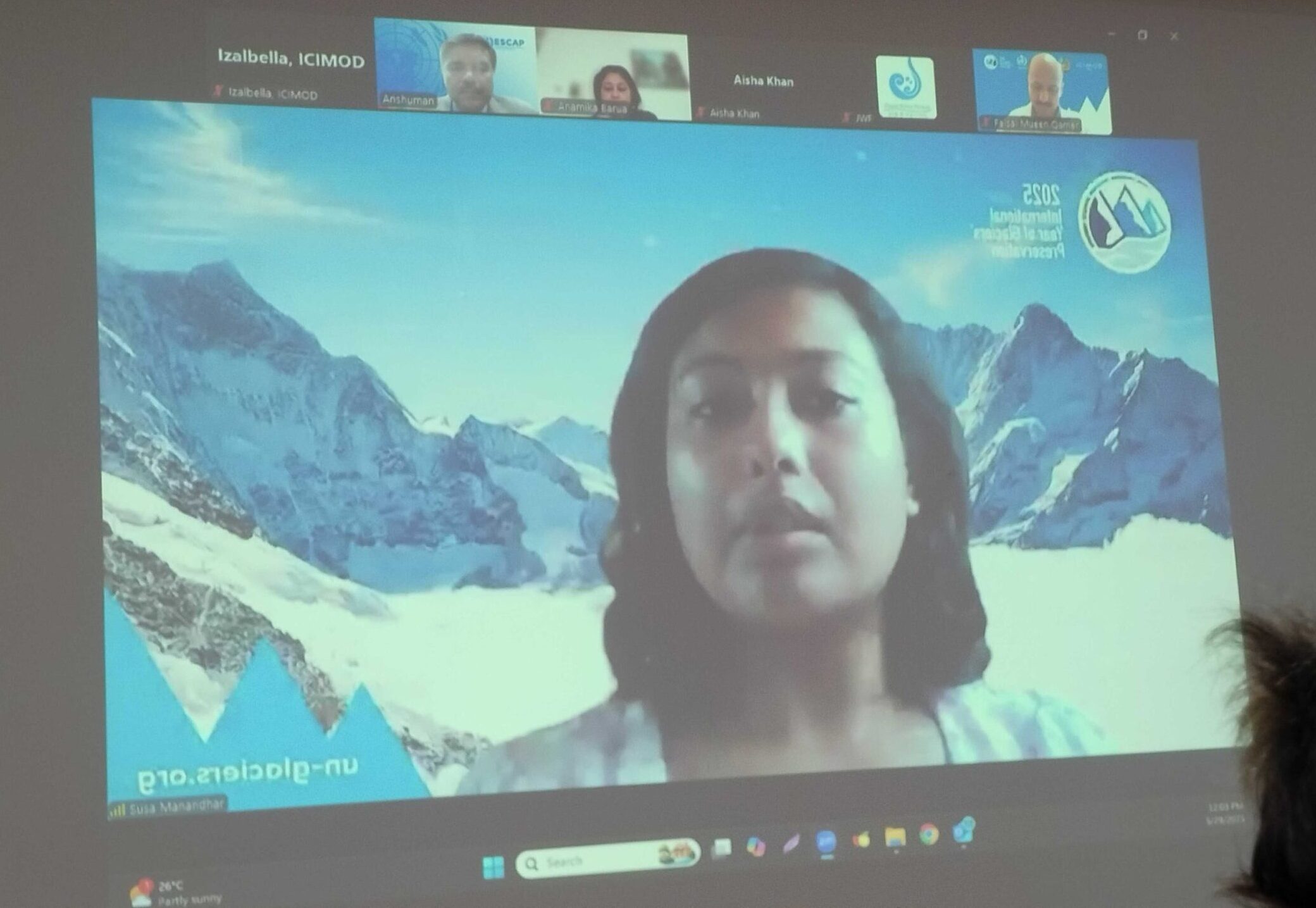The Small Earth Nepal (SEN) organized the regional training on customization of Seasonal and Medium Range Weather Forecast from 3 to 6 February 2013 at the SEN training hall in Kathmandu. The training was focused on how to customize the weather forecast information which will be usable to the end-users in an effective way. The major objectives of the training were to build the capacity of the forecast producers and the forecast users for developing and disseminating the forecast to the end-users in an effective way. In addition, expertise’s suggestions and recommendations for implementing the project in a coordinated way among the producers and users were another objective of this training workshop. There were 18 participants in the training representing the Department of Hydrology and Meteorology (DHM), Government of Nepal, Department of Agriculture (DoA), Government of Nepal, Nepal Agriculture Research Council (NARC), Tribhuvan University (TU), Department of Livestock Services (DoLS), Government of Nepal, Bangladesh Meteorological Department (BMD), Centre for Environmental and Geographic Information Services (CEGIS) and The Small Earth Nepal (SEN).
The training is the part of collaborative research project “Assessing the economic impact of climate change on agriculture, water resources and food security and adaptation measures using seasonal and medium range of forecasts” between SEN and CEGIS, Bangladesh. The training was supported technically by the Regional Integrated Multi Hazard Early Warning System for Asia and Africa (RIMES) based in Bangkok and the Department of Hydrology and Meteorology (DHM), Government of Nepal, was in collaboration for this training. The research project is funded by the World Bank through International Centre for Integrated Mountain Development (ICIMOD) under the South Asia Water Initiative-Multi Donors Trust Fund-Abu Dhabi Dialogue Knowledge Forum (ADDKF).
One of the important activities of the study is to customization of seasonal and medium range weather forecast for developing and identifying the proper adaptation strategy in the participating countries. This activity will be done by SEN with the technical assistance from RIMES. The RIMES will develop a customized forecast in three scale- short term (up to 72 hours), medium range (3-7 days) and seasonal (one month) in a daily basis system for this study project and prior to involving the national hydro-meteorological organizations of the partner countries. These forecast products will be communicated to the end users through the Agriculture Extension workers in the format that the community people understand in easy way in both Nepal and Bangaladesh.



